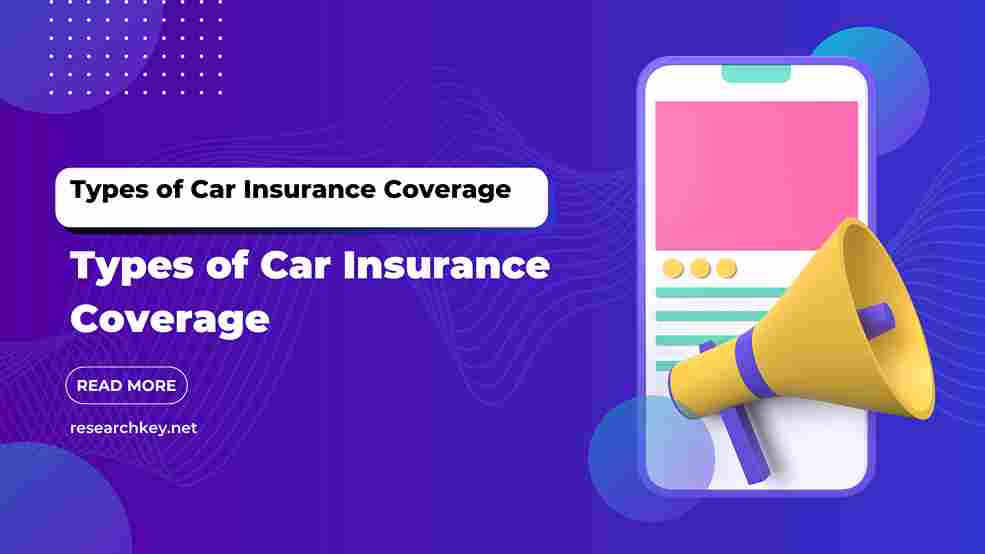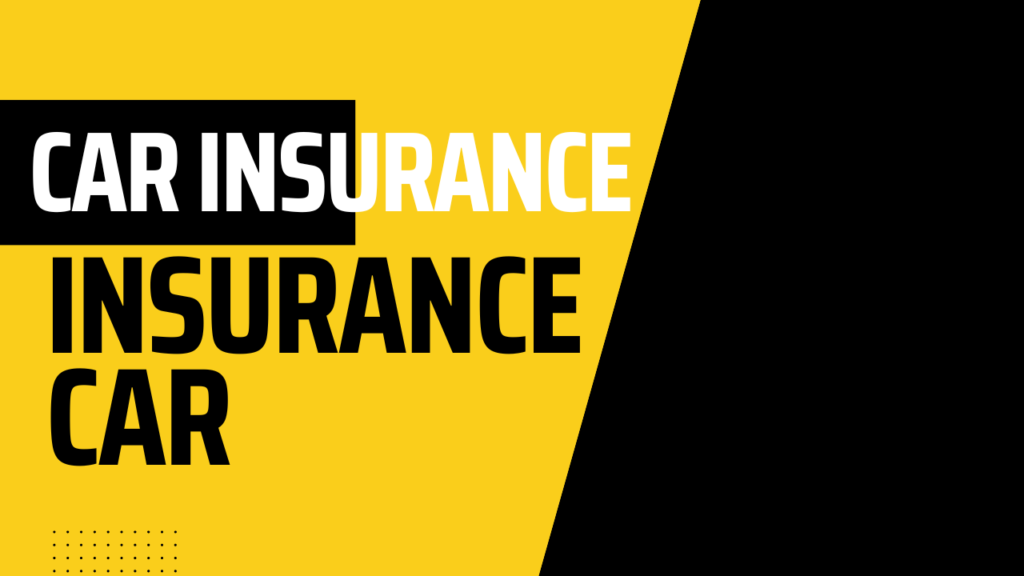Insurance 440 License
Introduction
In the dynamic landscape of the American insurance industry, obtaining the Insurance 440 License has become a crucial milestone for aspiring professionals and seasoned experts alike. This license opens doors to a wide array of opportunities and plays a vital role in fostering professionalism and expertise among insurance agents and adjusters. In this blog article, we will delve into the impact and requirements of the Insurance 440 License, focusing on its significance in the American context.
- Understanding the Insurance 440 License. in paragraphs
The Insurance 440 License, often referred to as the Customer Representative License, is a significant certification within the American insurance industry. It grants individuals the authority to assist customers in understanding insurance policies and handling claims. Essentially, those with the Insurance 440 License can work as insurance agents or customer representatives, playing a vital role in the insurance ecosystem.
The license’s specific title and requirements may differ from state to state, as insurance regulation is primarily governed by individual state insurance departments. Each state has its own set of rules and guidelines for obtaining the Insurance 440 License, which may include educational prerequisites, licensing exams, background checks, and application fees.
The primary objective of the Insurance 440 License is to ensure that individuals working in insurance-related roles possess the necessary knowledge, competence, and professionalism to assist customers effectively. By completing the required education and passing the licensing exam, these professionals demonstrate a thorough understanding of insurance policies, regulations, and ethical practices.
READ ALSO: 3 Best Types of Car Insurance Coverage
Understanding the insurance industry is crucial as agents and customer representatives act as the bridge between insurance providers and policyholders. They guide customers through various insurance products, explaining coverage options, exclusions, and premium costs. Additionally, they help clients file and manage insurance claims, making the process less daunting and more manageable for policyholders during challenging times.
The Insurance 440 License is designed to equip professionals with the expertise needed to handle diverse insurance-related scenarios. With this certification, they can confidently address customer inquiries, clarify policy details, and provide accurate advice to help clients make informed decisions.
Furthermore, the licensing process includes a background check, ensuring that individuals seeking the Insurance 440 License have a clean record, free of any criminal activities that could potentially disqualify them from obtaining the license. This additional scrutiny helps maintain the integrity of the insurance industry and builds trust between customers and licensed professionals.
In conclusion, the Insurance 440 License is a crucial certification that enhances professionalism and expertise within the American insurance industry. It ensures that professionals have the necessary knowledge to assist customers effectively and ethically, leading to a higher standard of service. By setting these standards, the license benefits both insurance companies and policyholders, fostering a positive and well-regulated insurance ecosystem. Aspiring insurance agents should embrace the opportunity to obtain the Insurance 440 License, as it opens doors to a rewarding career in the insurance industry.
- The Impact of the Insurance 440 License in the Insurance Industry. in paragraphs
The Insurance 440 License has a significant impact on the insurance industry in the United States, influencing both professionals and customers alike. This certification plays a crucial role in raising the bar for professionalism, expertise, and overall service quality within the industry.
One of the most prominent impacts of the Insurance 440 License is the assurance of a higher level of competence among insurance agents and customer representatives. The rigorous educational requirements and licensing exams ensure that those who obtain this license possess a deep understanding of insurance principles, laws, and regulations. As a result, clients can trust that they are dealing with knowledgeable experts who can provide accurate and reliable information about insurance products and services.
Moreover, the Insurance 440 License fosters consumer trust and confidence in the insurance industry. Insurance is a complex and often overwhelming field for the average customer. Having licensed professionals assist them gives policyholders peace of mind, knowing that their concerns are being handled by qualified individuals who have met the state’s strict standards.
The impact of the Insurance 440 License extends beyond individual agents and customers to the insurance companies as well. Licensed professionals are better equipped to advise customers on suitable insurance coverage based on their specific needs and circumstances. This leads to a reduction in unsuitable policy purchases, benefiting insurance companies by minimizing potential claims and disputes.
Furthermore, the licensing process encourages professionals to pursue continuous education and stay updated on industry trends and changes. Insurance laws and policies frequently evolve, and customers’ needs may shift over time. Licensed agents are required to participate in ongoing learning to maintain their license. This culture of continuous improvement fosters a higher level of professionalism within the industry, creating a workforce that is well-informed and up-to-date with the latest developments.
Another significant impact of the Insurance 440 License is its role in improving the overall reputation of the insurance industry. By setting stringent standards for entry into the profession, the license acts as a safeguard against unqualified individuals attempting to work as insurance agents. This, in turn, reduces the risk of fraudulent practices and unethical behavior within the industry, enhancing its credibility and integrity.
In conclusion, the Insurance 440 License has a far-reaching impact on the insurance industry in the United States. It enhances the competence and professionalism of insurance agents and customer representatives, instills trust and confidence in customers, and contributes to the overall improvement of service quality. By establishing strict requirements and fostering continuous education, the license plays a crucial role in maintaining the integrity of the insurance industry and ensuring that customers receive reliable and expert assistance when dealing with insurance matters.
- Requirements for Obtaining the Insurance 440 License. in paragraphs
The process of obtaining the Insurance 440 License involves meeting specific requirements set by the state’s insurance department. While the precise criteria may vary from one state to another, there are common elements that applicants can expect to encounter during the licensing process.
One of the primary requirements for obtaining the Insurance 440 License is completing a state-approved pre-licensing education course. This course covers essential topics related to insurance principles, laws, regulations, and ethics. The number of required course hours can vary among states, ranging from several hours to a more extensive curriculum. These educational programs are designed to equip applicants with the knowledge and understanding necessary to work effectively in the insurance industry.
Following the completion of the pre-licensing education, candidates must pass a rigorous licensing exam. The exam evaluates their comprehension of insurance concepts, state insurance laws, and other relevant topics. This examination serves as a critical assessment of an applicant’s readiness to work as an insurance agent or customer representative. Depending on the state, the exam format may be multiple-choice, essay-based, or a combination of both.
In addition to educational requirements and exams, most states conduct a background check as part of the licensing process. This step is crucial to ensuring that applicants have a clean record and do not have any disqualifying criminal history. Insurance professionals often deal with sensitive financial and personal information, and maintaining trust between clients and agents is paramount. The background check helps protect consumers and maintain the reputation of the insurance industry.
Florida 4-40 Customer Representative License
Once applicants have met the education, exam, and background check requirements, they can proceed with submitting their license application to the state’s insurance department. The application typically includes personal information, educational details, and any other relevant documentation. Additionally, applicants are required to pay the appropriate licensing fees as part of the application process.
After successfully fulfilling all the requirements and having their application approved, applicants will be issued the Insurance 440 License. It is important to remember that the license has an expiration date, and individuals must renew it periodically. Renewal requirements usually involve completing continuing education courses to stay up-to-date with industry changes and maintain their competence as insurance professionals.
In conclusion, obtaining the Insurance 440 License requires aspiring insurance agents and customer representatives to go through a well-defined process. The requirements encompass completing state-approved education, passing a licensing exam, undergoing a background check, and submitting a comprehensive application. This thorough licensing process ensures that only qualified individuals with the necessary knowledge and integrity are authorized to work within the insurance industry, ultimately benefiting both professionals and customers alike.
- Enhancing Professionalism in the Insurance Industry. in detail and in paragraphs
Enhancing professionalism in the insurance industry is a critical objective that benefits all stakeholders, including insurance companies, agents, customers, and the overall reputation of the industry. The Insurance 440 License plays a significant role in achieving this goal, but there are several other key factors that contribute to elevating professionalism within the sector.
- Education and Training: One of the primary ways to enhance professionalism is through comprehensive education and training. Aspiring insurance agents and customer representatives should undergo thorough pre-licensing education, which covers a wide range of insurance topics, including policy types, coverage options, legal and ethical considerations, and customer service skills. Continuing education programs should also be encouraged to keep professionals updated on industry trends, regulatory changes, and emerging best practices. Well-informed and trained professionals can provide superior service to clients, building trust and confidence in the industry.
- Adherence to Ethical Standards: Professionalism in the insurance industry is closely linked to ethical conduct. Insurance agents and customer representatives must adhere to strict ethical standards in their interactions with clients and handling of sensitive information. Ethical behavior fosters a positive reputation for the industry and establishes long-term relationships based on trust and reliability. Ensuring that professionals are held accountable for maintaining high ethical standards is essential for the industry’s overall integrity.
- Consumer-Centric Approach: Enhancing professionalism involves adopting a customer-centric approach. Understanding the needs and concerns of clients and tailoring insurance solutions accordingly can significantly impact customer satisfaction. Agents should take the time to listen to clients, provide transparent information, and offer unbiased advice. Going above and beyond to meet customers’ expectations demonstrates a commitment to professionalism and strengthens the reputation of the insurance industry.
- Continuous Professional Development: Professionalism in the insurance industry is a continuous journey of learning and improvement. Encouraging and facilitating ongoing professional development ensures that agents and customer representatives stay abreast of the latest industry trends, technological advancements, and customer preferences. Regular training sessions and workshops can help professionals refine their skills, communicate more effectively, and adapt to a constantly evolving marketplace.
- Industry Standards and Regulations: The insurance industry is heavily regulated to protect consumers and maintain market stability. Adhering to these standards and regulations is a fundamental aspect of professionalism. Insurance companies should implement internal policies and procedures to ensure compliance with state and federal laws, promoting a culture of ethical behavior and professionalism among their employees.
- Transparent Communication: Clear and transparent communication with clients is paramount in the insurance industry. Professionals should provide comprehensive explanations of policy terms, conditions, and coverage limitations, empowering clients to make well-informed decisions. Avoiding jargon and using plain language in communications helps bridge the gap between insurance professionals and customers, establishing professionalism in every interaction.
- Resolving Customer Complaints Effectively: Handling customer complaints professionally and efficiently is crucial in demonstrating professionalism. Companies should have robust customer service processes in place to address issues promptly and fairly. A commitment to resolving complaints in a timely and satisfactory manner reinforces trust and loyalty among clients.
Conclusion: Enhancing professionalism in the insurance industry is a collective effort that requires commitment from insurance companies, agents, and regulators. By prioritizing education and training, upholding ethical standards, adopting a customer-centric approach, and staying informed about industry developments, insurance professionals can elevate the industry’s reputation and build stronger relationships with their clients. The Insurance 440 License serves as a stepping stone towards professionalism, but continuous improvement and dedication to excellence are essential to creating a thriving and reputable insurance sector.
Conclusion
In the American context, the Insurance 440 License holds significant importance in enhancing professionalism and expertise in the insurance industry. By setting strict standards and requirements for insurance agents and customer representatives, it ensures that clients receive quality service from knowledgeable experts. Aspiring professionals should view this license as a stepping stone toward a rewarding and fulfilling career, and insurance companies should see it as an opportunity to build a team of skilled and dedicated professionals. Ultimately, the Insurance 440 License plays a crucial role in strengthening the insurance industry’s reputation and creating a positive impact on both agents and customers.
Insurance 440 License, Insurance 440 License, Insurance 440 License, Insurance 440 License, Insurance 440 License, Insurance 440 License
Insurance 440 License, Insurance 440 License, Insurance 440 License



